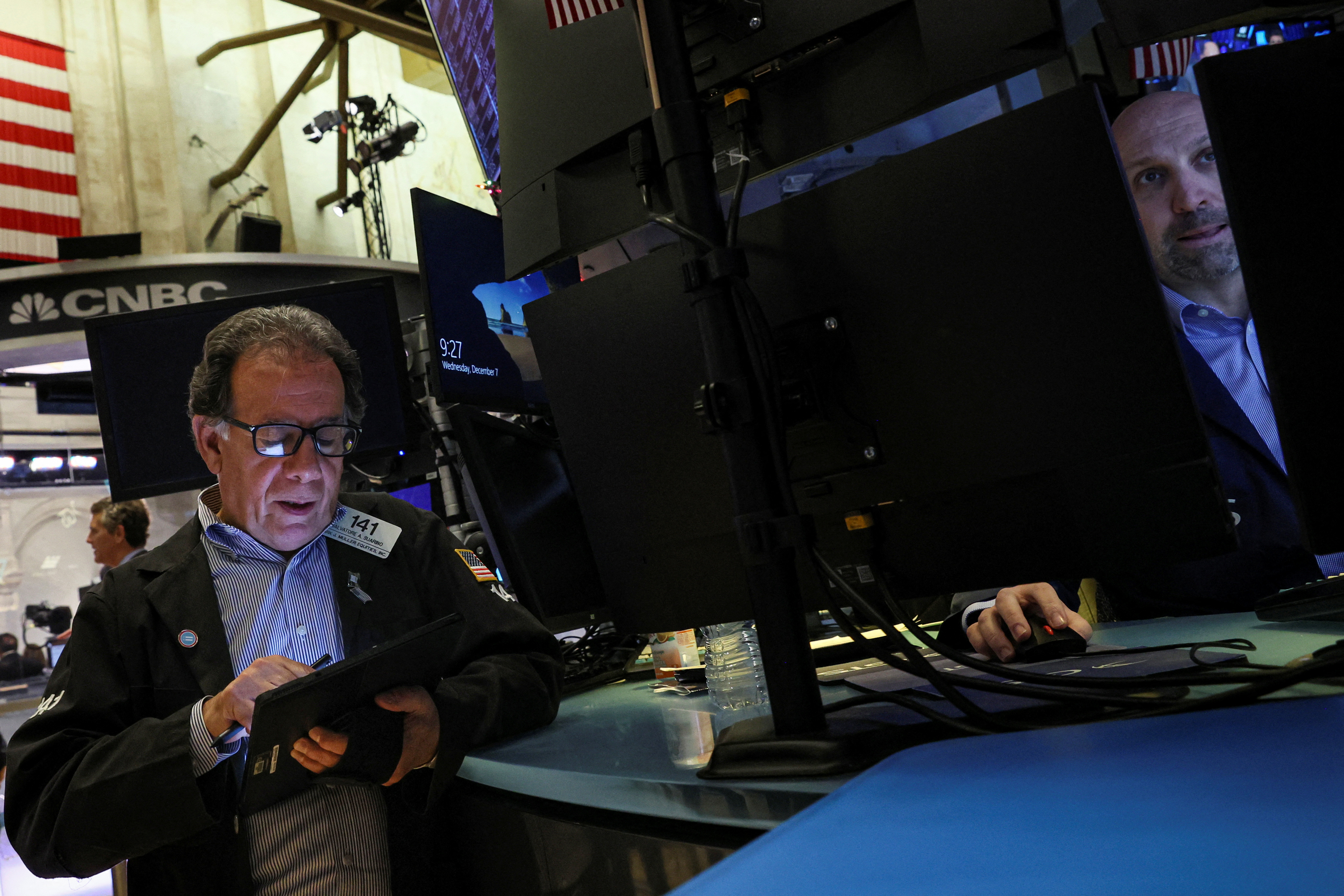
U.S. stock index futures edged higher on Wednesday as investors weighed the unwinding of pandemic restrictions by China against surging COVID cases in the world’s second largest economy.
Beijing began dismantling its strict COVID curbs this month in an abrupt policy U-turn and on Monday announced it would drop its quarantine rule for inbound travelers from next month.
The move initially brought cheer to markets on hopes of a recovery in China’s COVID-hammered economy, but a jump in infections has dampened sentiment.
“If the Chinese reopening story is positive for oil and commodity prices, it’s bad news for global inflation,” said Ipek Ozkardeskaya, senior analyst at Swissquote Bank.
“The surge in Chinese demand will certainly boost inflation through higher energy and commodity prices and in response to higher inflation, the central banks will continue hiking rates.”
As markets enter the last leg of a grueling year for equities on fears of a recession from the fastest pace of rate hikes by the Federal Reserve since the early 1980s, focus has shifted to 2023 and the outlook for corporate earnings.
The benchmark S&P 500 (.SPX) and the Nasdaq (.IXIC) are down 19.7% and 33.8%, respectively, so far in 2022 and set for their biggest yearly loss since the financial crisis of 2008.
The S&P 500 and Nasdaq ended lower on Tuesday at the beginning of a holiday-shortened week as growth stocks bore the brunt of investor angst over how long the Fed would continue to raise interest rates to tame high prices.
Markets are now pricing in 65% odds of a 25-basis point rate hike at the U.S. central bank’s February meeting and see rates peaking at 4.94% in the first half of next year. .
At 6:14 a.m. ET, Dow e-minis were up 84 points, or 0.25%, S&P 500 e-minis were up 7.25 points, or 0.19%, and Nasdaq 100 e-minis were up 15.75 points, or 0.14%.
Shares of Tesla (TSLA.O) reversed declines to advance nearly 3% premarket. They hit their lowest level in more than two years in the previous session over demand worries in China.
Southwest Airlines Co (LUV.N) slipped 0.7% as the carrier came under fire from the U.S. government on Tuesday after it canceled thousands of flights.

